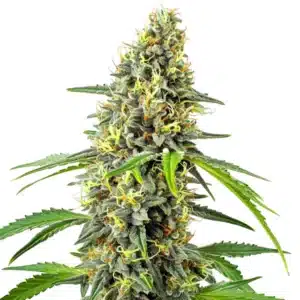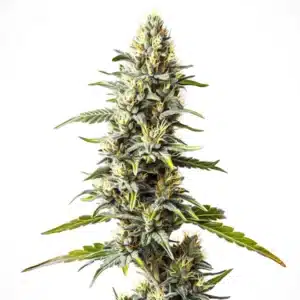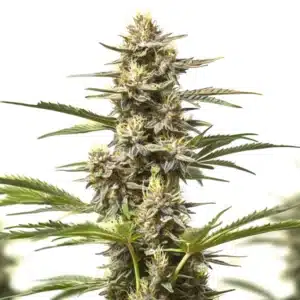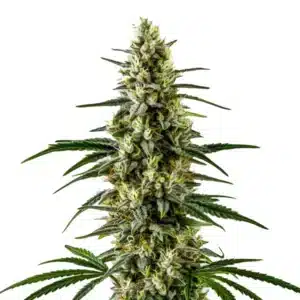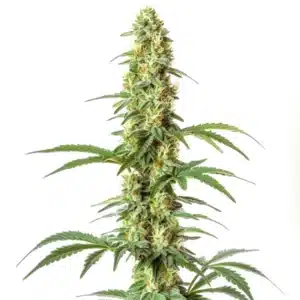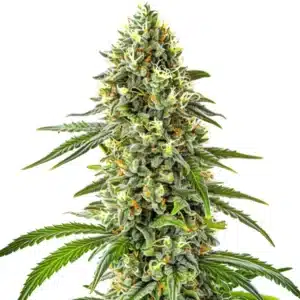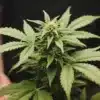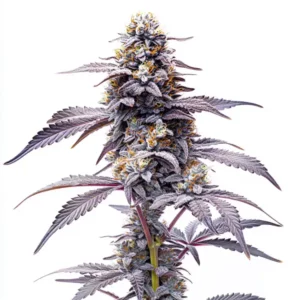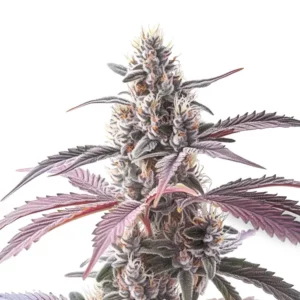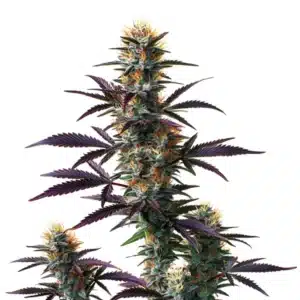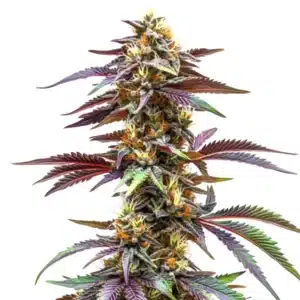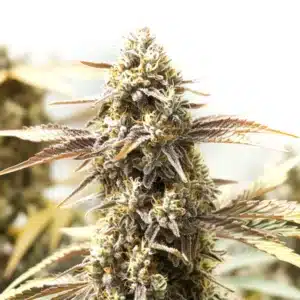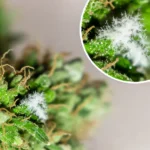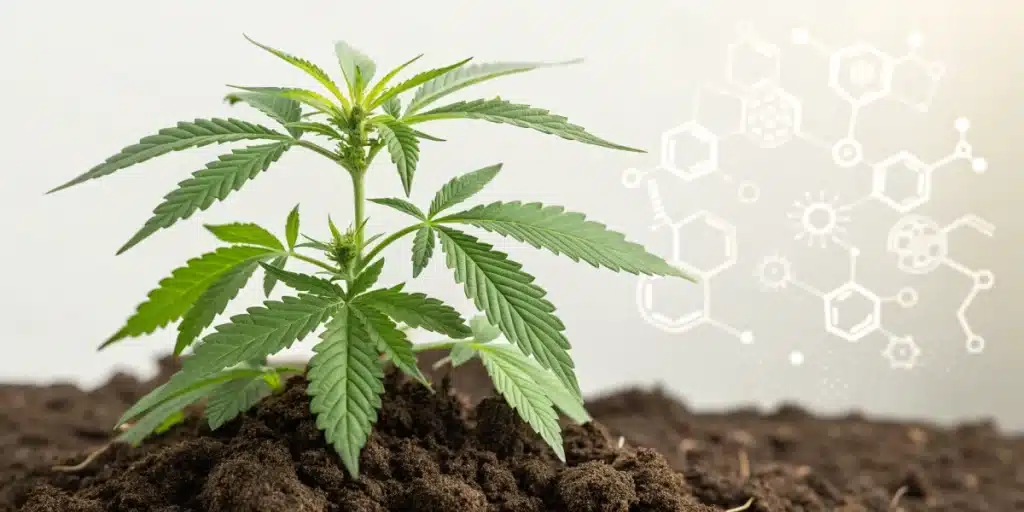
Best Microbes for Cannabis
What Are Microbes and Their Function?
Microbes are tiny living organisms that play a significant part in the ecosystem, particularly in agriculture. These include bacteria, fungi, archaea, and protozoa. In the context of cannabis cultivation, these microorganisms foster a thriving environment for plants, enhancing nutrient uptake and soil health. They contribute to the breaking down of organic matter, making essential nutrients available to plants.
When it comes to cannabis, the interaction between microbes and plant roots is vital. Healthy root systems are essential for nutrient absorption, and microbes help to boost this process. By forming symbiotic relationships with cannabis roots, these microorganisms can dramatically influence growth and health.
Recommended Strains
Deimos Auto
|
|
THC | 14% - 16% (Medium) |
|
|
Type | Autoflowering |
|
|
Yield | High |
|
|
Phenotype | 75% Indica / 25% Sativa |
Cream Caramel
|
|
THC | 19% - 24% (Medium) |
|
|
Type | Feminized |
|
|
Yield | Medium |
|
|
Phenotype | 90% Indica / 10% Sativa |
Incorporating the right microbes into your cultivation practices can lead to stronger plants that are more resistant to diseases and pests. The benefits extend beyond just the plants themselves; a healthy microbial community can improve soil structure, promote biodiversity, and aid in water retention.
How Microbes Benefit Cannabis Growth
The benefits of microbes in cannabis growth are multifaceted. For starters, beneficial microbes can enhance nutrient absorption. They break down organic materials and convert them into forms that cannabis plants can easily uptake. This process not only provides essential nutrients like nitrogen, phosphorus, and potassium but also improves overall soil health.
Moreover, beneficial microbes can help plants fend off diseases. Certain strains of bacteria and fungi can outcompete harmful pathogens, thus providing a protective barrier for your beloved plants. This natural defense mechanism reduces the need for chemical pesticides, promoting a more organic approach to cultivation.
Additionally, beneficial microbes can improve plant resilience to environmental stresses. Whether it’s drought, nutrient deficiency, or pest infestations, a healthy microbial community can bolster the plant’s defense mechanisms. This leads to stronger and more robust cannabis plants, ultimately resulting in higher yields.
Promos & Deals
Types of Beneficial Microbes for Cannabis
Bacteria vs Fungi: Key Differences
When it comes to the best microbes for cannabis, it’s important to understand the differences between bacteria and fungi. Both play crucial roles in the soil ecosystem, but they have distinct functions. Bacteria are typically single-celled organisms that reproduce rapidly. They are primarily involved in nutrient cycling and organic matter decomposition.
On the other hand, fungi are multicellular organisms that grow through a network of filaments known as hyphae. They excel at breaking down complex organic materials, such as cellulose and lignin, which bacteria struggle to decompose. Fungi also form mycorrhizal relationships with plant roots, significantly enhancing nutrient uptake, particularly phosphorus.
Both bacteria and fungi are essential for a thriving cannabis cultivation system. Striking the right balance between these two types of microbes can lead to optimal plant health and growth.
Essential Microbial Strains for Cannabis
Several microbial strains have proven to be particularly beneficial for cannabis cultivation. Among them, mycorrhizal fungi stand out for their ability to form symbiotic relationships with plant roots. These fungi extend the root system, allowing plants to access more nutrients and water, which is crucial during the flowering stage of cannabis growth.
Another key player is Rhizobacteria, known for their ability to promote root growth and enhance nutrient uptake. Certain strains can even fix atmospheric nitrogen, making it available to the plant. This is particularly beneficial in organic growing systems where synthetic fertilizers are avoided.
Additionally, beneficial yeast strains can also contribute positively to cannabis health. They can help improve the plant’s resistance to diseases and enhance the flavor profile of the final product. Utilizing a diverse range of beneficial microbes can create a balanced ecosystem that supports vibrant cannabis plants.
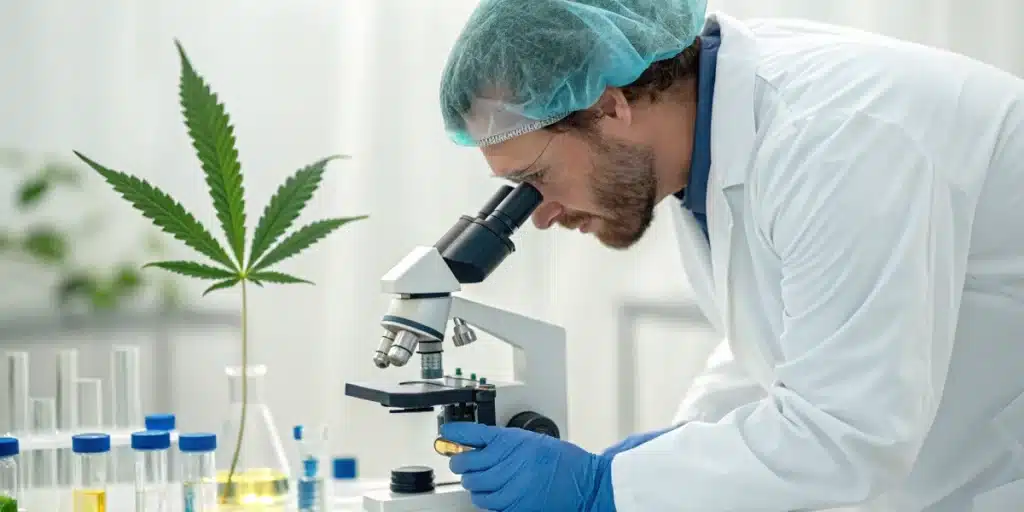
Integrating Microbes into Your Cultivation Routine
Application Techniques for Microbial Inoculants
Integrating the best microbes for cannabis into your cultivation routine requires specific application techniques. One effective method is soil inoculation, where microbial products are added directly to the soil. This can be done when planting or during the vegetative stage to ensure that microbes establish themselves effectively.
Foliar application is another technique that can be beneficial. By spraying microbial solutions directly onto the leaves, you can facilitate quicker absorption and stimulate plant growth. Be cautious with timing; applying during cooler parts of the day can prevent leaf burn and maximize uptake.
Additionally, using microbial products in conjunction with compost teas can enhance their effectiveness. Compost teas are rich in beneficial microorganisms and can serve as an excellent delivery method for inoculating your plants with a diverse range of microbes.
Combining Microbes with Organic Practices
Combining the best microbes for cannabis with organic practices creates a holistic approach to cultivation. Organic amendments like compost, worm castings, and biochar can serve as habitats for beneficial microbes. By enriching the soil with organic matter, you provide a food source that encourages microbial growth.
Crop rotation and companion planting also play a role in enhancing microbial diversity. Different plants can attract various types of beneficial microbes, which can positively impact the soil health and the overall growth of your cannabis plants.
Avoiding synthetic fertilizers and chemicals is crucial in maintaining a healthy microbial ecosystem. These substances can disrupt the delicate balance of beneficial microbes in the soil. By adopting organic practices, you not only promote a thriving microbial community but also enhance the quality and potency of your cannabis.
Optimizing Microbial Performance in Your Grow
Environmental Factors for Microbial Activity
Optimizing the performance of the best microbes for cannabis involves understanding the environmental factors that influence their activity. Temperature, moisture, and pH levels all play significant roles in microbial health.
Microbes generally thrive in warm, moist environments. Maintaining optimal soil temperature can enhance microbial activity and nutrient cycling. Conversely, extreme temperatures can inhibit microbial growth and even kill off beneficial populations.
Moisture content in the soil is equally important. Overly dry conditions can stunt microbial activity, while overly saturated soils can create anaerobic conditions that are detrimental to certain beneficial microbes. Striking a balance is key to fostering a thriving microbial community.
Soil pH also affects microbial diversity and function. Most beneficial microbes prefer slightly acidic to neutral pH levels. Regularly testing soil pH and making necessary adjustments can ensure that your microbial allies remain active and effective.
Monitoring and Adjusting Microbial Levels
Monitoring and adjusting microbial levels in your cannabis cultivation is essential for optimizing plant health. Soil testing kits can help assess microbial populations and identify any deficiencies. Regular testing can guide your application of microbial inoculants, ensuring that plants receive the right balance of beneficial microbes.
If microbial levels are found to be low, consider increasing the frequency of inoculation. Additionally, diversifying the microbial strains used can help create a robust community that can withstand fluctuations in environmental conditions.
Pay attention to the signs of microbial imbalance, such as poor plant growth or susceptibility to diseases. Quick intervention can prevent further damage and help restore a healthy microbial ecosystem.
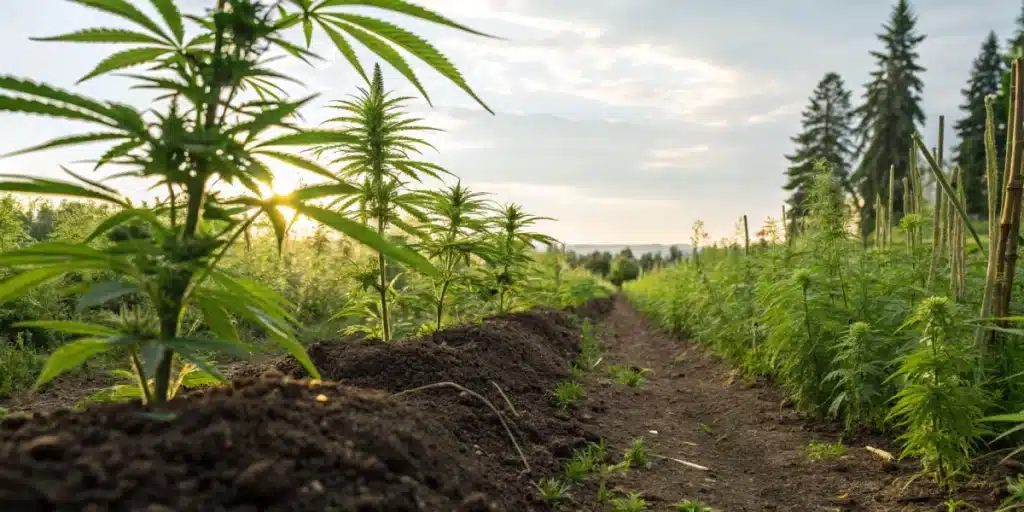
FAQs about Best Microbes for Cannabis
What are the best microbes for cannabis?
The best microbes for cannabis cultivation include mycorrhizal fungi, Rhizobacteria, and beneficial yeast strains. These microorganisms enhance nutrient uptake, promote healthy root systems, and improve disease resistance.
How do beneficial microbes improve plant health?
Beneficial microbes improve plant health by enhancing nutrient absorption, providing disease resistance, and increasing resilience to environmental stresses. They work symbiotically with plant roots, creating a healthier overall growing environment.
How to test for microbes and bacteria in cannabis?
Testing for microbes and bacteria in cannabis can be done through soil testing kits that assess microbial populations. These tests can help determine the health of your soil and guide your cultivation practices for optimal results.


